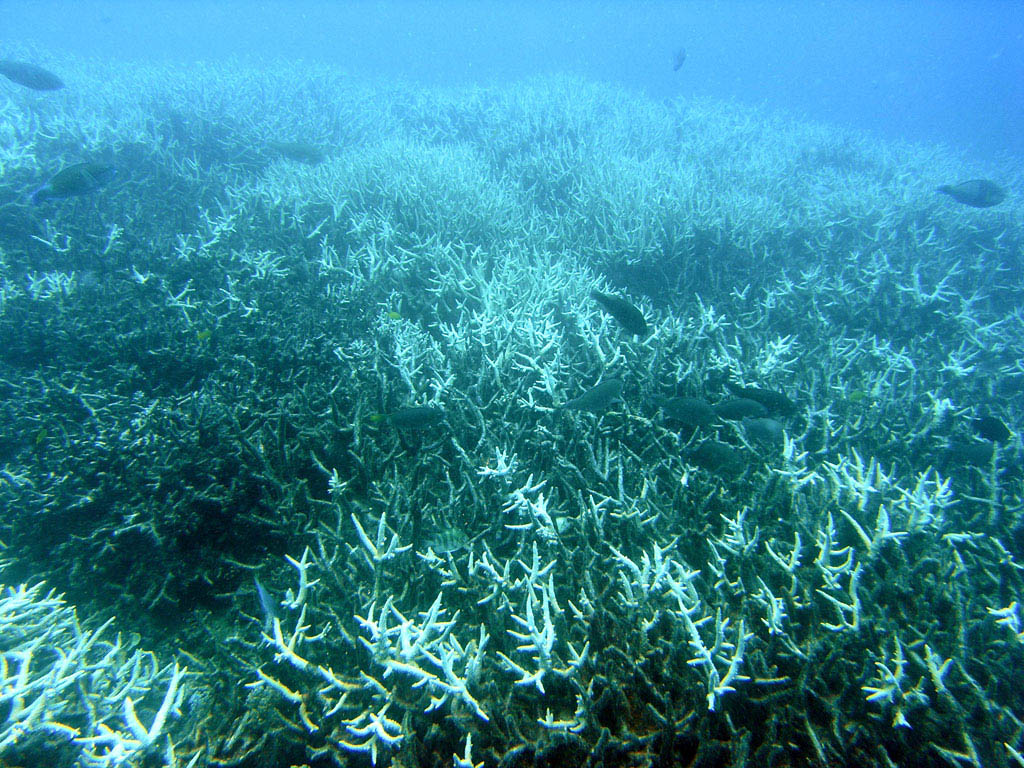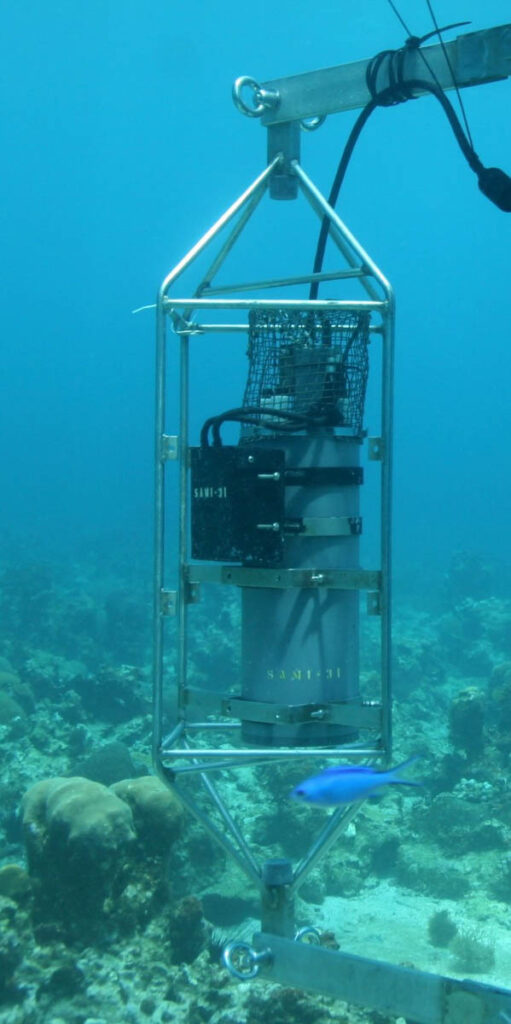As climate change continues to reshape our planet, its effects are felt acutely in marine ecosystems. For scuba divers, who explore the underwater world firsthand, understanding these impacts is crucial. From coral bleaching to shifting ocean currents, climate change is altering the very fabric of marine life. In this article, we delve into the various ways climate change is impacting our oceans and what divers can do to mitigate these effects.

1. Coral Bleaching: One of the most visible and alarming effects of climate change on marine ecosystems is coral bleaching. Corals, which form the foundation of diverse underwater habitats, are highly sensitive to changes in water temperature. When temperatures rise, corals expel the algae living in their tissues, causing them to turn white or “bleach.” Without these algae, corals lose their main source of food and become more susceptible to disease. Repeated bleaching events can lead to coral death and the collapse of entire reef ecosystems.

Bernadette Charpentier, Public domain, via Wikimedia Commons
2. Ocean Acidification: Another consequence of climate change is ocean acidification, which occurs when the ocean absorbs excess carbon dioxide from the atmosphere. This process lowers the pH of seawater, making it more acidic. Acidification can weaken the skeletons of corals and other marine organisms, making them more vulnerable to damage. It also affects the ability of some species, such as shellfish and certain types of plankton, to build their shells or skeletons, disrupting food chains and ecosystems.
3. Habitat Loss and Migration: Rising temperatures and changing ocean chemistry are causing significant shifts in marine habitats. Some species are migrating to cooler waters in search of suitable conditions, while others are facing habitat loss due to sea level rise and coastal development. These changes can have cascading effects on entire ecosystems, altering predator-prey relationships and species interactions. For divers, this means witnessing changes in the composition and distribution of marine life in their favorite dive sites.
4. Extreme Weather Events: Climate change is also leading to more frequent and intense extreme weather events, such as hurricanes, typhoons, and cyclones. These storms can cause physical damage to coral reefs and other underwater structures, disrupting delicate ecosystems. Increased runoff from heavy rainfall can also introduce pollutants and sediment into coastal waters, further stressing marine life. Divers should be aware of the potential risks associated with diving in areas prone to extreme weather events and take appropriate precautions.
5. Conservation Efforts: Despite the sobering realities of climate change, there is still hope for the future of our oceans. Conservation efforts, both on a local and global scale, play a crucial role in protecting marine ecosystems. Divers can get involved by participating in reef monitoring programs, supporting marine protected areas, and advocating for sustainable practices both above and below the surface. By working together, we can help mitigate the impacts of climate change and preserve the beauty and biodiversity of our oceans for generations to come.
The impact of climate change on marine ecosystems is profound and far-reaching, affecting everything from coral reefs to coastal communities. For divers, understanding these impacts is essential for appreciating the underwater world and advocating for its protection. By taking action to reduce our carbon footprint and support conservation efforts, we can help ensure that future generations can continue to explore and enjoy the wonders of the ocean. Together, we can make a difference in the fight against climate change and safeguard the health and vitality of our marine environments.






